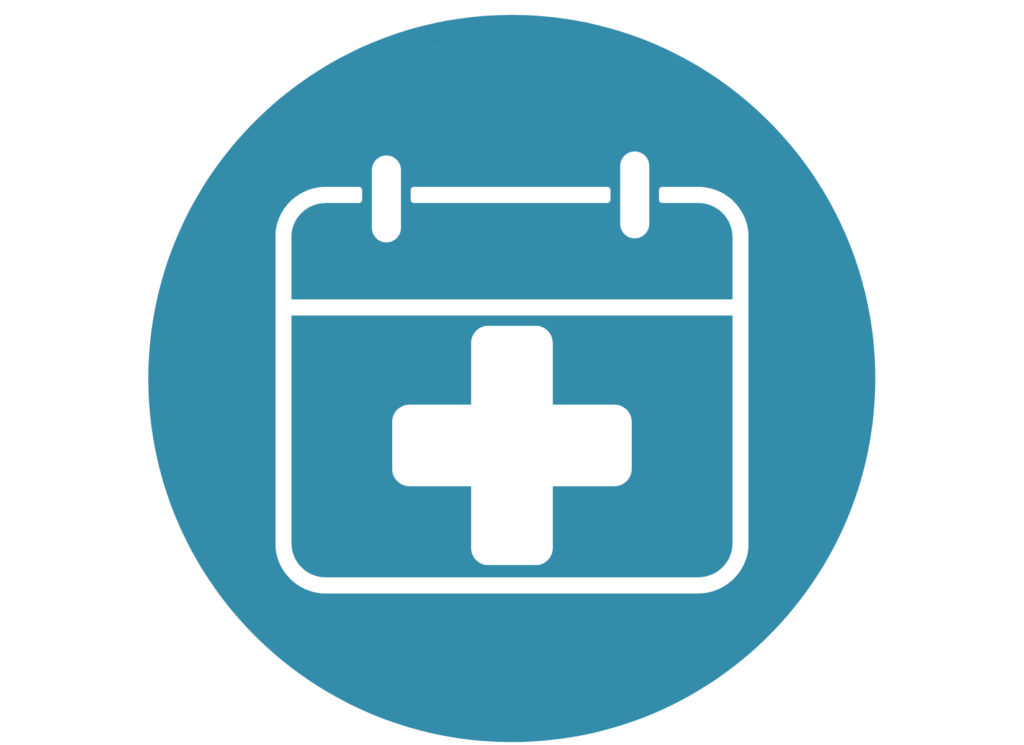Thyroid disease can be difficult to recognize because its symptoms are often vague and easily mistaken for everyday stress, aging, or other health issues. Fatigue, weight changes, or mood shifts may not seem connected at first, but together they can point to a thyroid problem.
At Texas Diabetes & Endocrinology, our team specializes in identifying and treating thyroid disease, helping patients find answers and get the care they need to feel their best.
What Is Thyroid Disease and How Does It Affect Your Body?
Your thyroid is a butterfly-shaped gland located in the front of your neck. It produces hormones (primarily T3 and T4) that regulate metabolism, body temperature, heart rate, and more. Thyroid disease occurs when your thyroid works too hard (hyperthyroidism) or not enough (hypothyroidism), or if its structure becomes abnormal (nodules, goiters, thyroiditis).
Over time, untreated thyroid issues can lead to heart problems, cholesterol changes, fertility issues, and reduced quality of life.
10 Symptoms of Thyroid Problems
Here are 10 signs that could indicate thyroid disease. One symptom alone doesn’t mean there’s a problem, but if you spot several, it’s worth getting checked.
- Fatigue, low energy, or feeling sluggish – Even after a full night’s sleep, you still feel tired or drained.
- Weight changes – Unexplained weight gain (common in hypothyroidism) or weight loss despite unchanged eating and exercise (seen in hyperthyroidism).
- Temperature sensitivity – Feeling excessively cold when others are comfortable (hypothyroidism) or overly hot/sweaty (hyperthyroidism).
- Digestive disturbances – Constipation when thyroid is underactive; frequent bowel movements or diarrhea if overactive.
- Dry skin, hair loss, brittle nails – Hair thinning, dry or coarse skin, nails that break easily or grow more slowly.
- Memory, focus & “brain fog” – Trouble concentrating, forgetfulness, or difficulty in mental tasks.
- Mood swings, anxiety, or depression – Mood changes that do not match situational stress—feeling anxious, irritable, depressed.
- Irregular heartbeat or palpitations – Heart racing, fluttering, or skipped beats.
- Swelling in neck / Lump or goiter – Visible swelling in front of the throat, difficulty breathing or swallowing, voice changes.
- Swelling / puffiness in face or hands – Feeling bloated, facial puffiness or swelling not due to diet or other obvious causes.
Who Is at Risk for Thyroid Disease?
Certain factors increase your risk of thyroid problems:
- Family history of thyroid disease
- Autoimmune disorders (Type 1 diabetes, lupus, rheumatoid arthritis)
- Prior radiation therapy to neck or chest
- Gender & age (women, especially middle-age or older, are more likely)
- Pregnancy or postpartum period
- Iodine deficiency (rare in U.S., more common in certain diets)
What To Do If You Notice Symptoms of Thyroid Problems
If you recognize several of these signs, our thyroid specialists recommend you schedule a visit with your primary care provider and share all of your symptoms, even the ones that seem minor. Your doctor may order lab work to understand how your thyroid is functioning and perform a physical exam to check for swelling, nodules, or other changes in the thyroid gland.
In many cases, your provider may recommend that you see an endocrinologist for further evaluation and treatment. Depending on your results, management might include thyroid hormone replacement for an underactive thyroid, medication to reduce hormone levels for an overactive thyroid, or, in some cases, surgery.
Alongside medical treatment, healthy lifestyle habits—such as balanced nutrition, stress management, and good sleep—can also play an important role in supporting thyroid health.
Thyroid Care at Texas Diabetes & Endocrinology
At Texas Diabetes & Endocrinology, our thyroid specialists are here to support your journey toward better thyroid health. We offer a Thyroid Nodule Fast-Track Program, which guarantees an appointment within two weeks if your primary care provider has identified a nodule. Our clinic is fully equipped to handle the entire evaluation process in a patient-friendly, outpatient setting with accredited thyroid ultrasounds and fine-needle biopsies if needed.
If you’d like to schedule an appointment with one of our endocrinologists at Texas Diabetes & Endocrinology, please contact us at (512) 458-8400 or request an appointment online.






